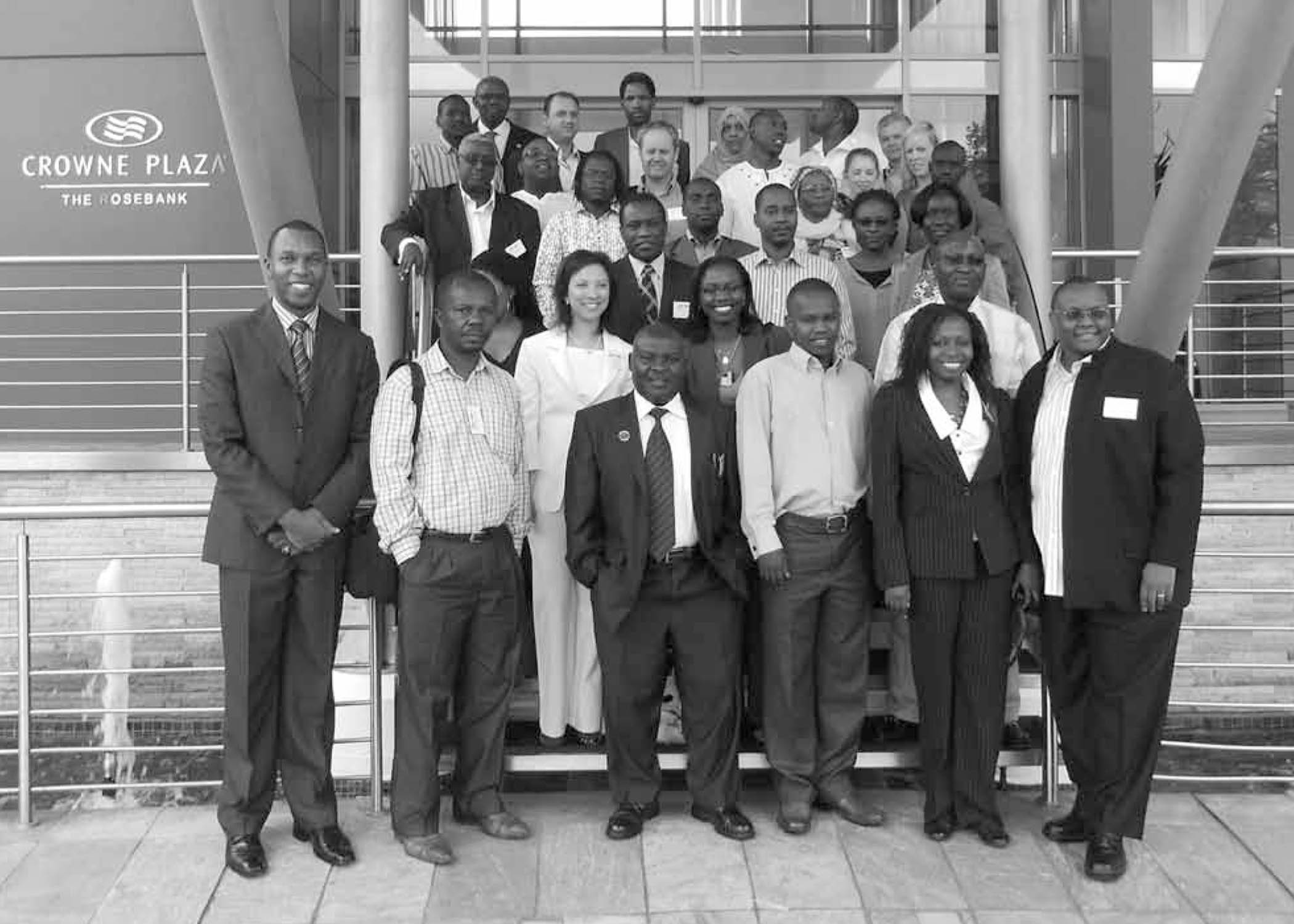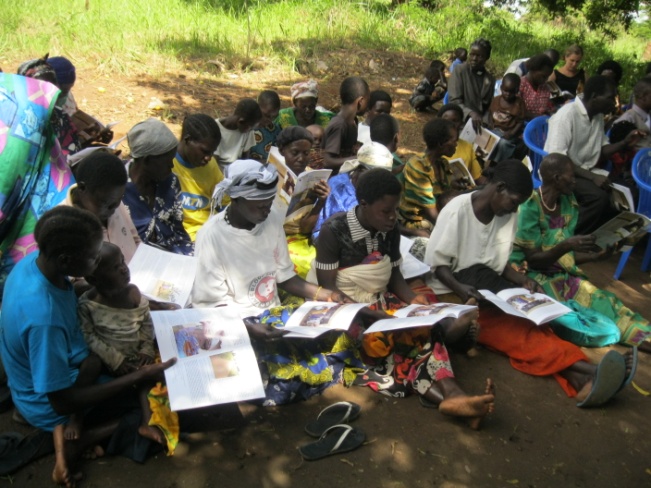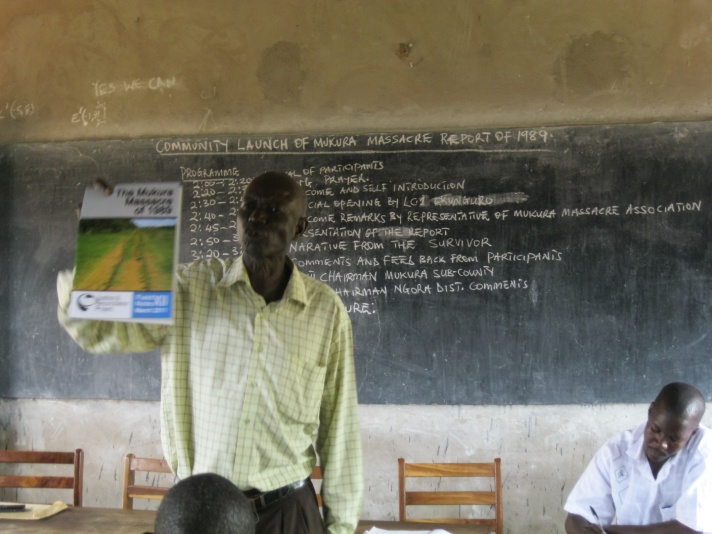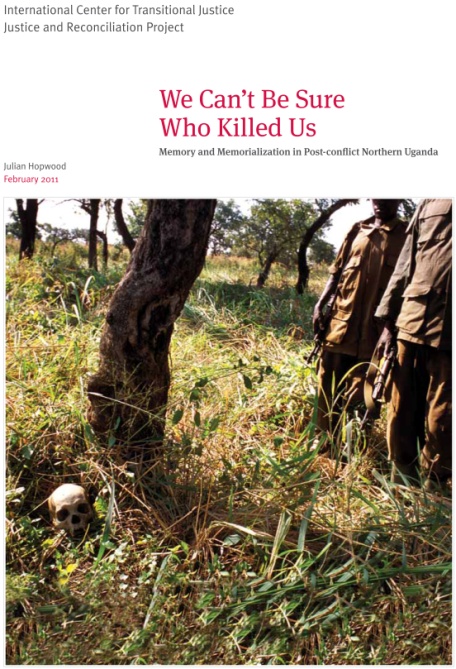Today our partners at the Institute for Justice and Reconciliation (IJR) in South Africa released a report on a regional consultation on the International Criminal Court (ICC) and community-level reconciliation that JRP participated in earlier this year.
 The report, titled “The ICC and Community-Level Reconciliation: In-Country Perspectives,” outlines discussions from the regional consultation held in Johannesburg, South Africa, from 21 to 22 February 2011. Twenty-three participants from IJR’s partner organisations (including JRP) from seven African countries namely Burundi, the Democratic Republic of the Congo (DRC), Kenya, Rwanda, Sudan, Uganda and Zimbabwe participated in the consultation. Participants were drawn from the International Criminal Court, governments, international non-governmental organisations, civil society organisations, multilateral agencies and academia. The objective of the consultation was to engage practitioners in the field of transitional justice in assessing how the interventions of the International Criminal Court (ICC) are impacting upon community-level reconciliation in what the Rome Statute refers to as situation countries.
The report, titled “The ICC and Community-Level Reconciliation: In-Country Perspectives,” outlines discussions from the regional consultation held in Johannesburg, South Africa, from 21 to 22 February 2011. Twenty-three participants from IJR’s partner organisations (including JRP) from seven African countries namely Burundi, the Democratic Republic of the Congo (DRC), Kenya, Rwanda, Sudan, Uganda and Zimbabwe participated in the consultation. Participants were drawn from the International Criminal Court, governments, international non-governmental organisations, civil society organisations, multilateral agencies and academia. The objective of the consultation was to engage practitioners in the field of transitional justice in assessing how the interventions of the International Criminal Court (ICC) are impacting upon community-level reconciliation in what the Rome Statute refers to as situation countries.
To read the report,click here. JRP’s Lino Owor Ogora’s presentation is highlighted on page 15 (Section 8.1).
According to Ogora, “It is necessary to systematically document the essence and procedures of traditional justice mechanisms which can serve as a component of the wider transitional justice architecture adopted by countries.”








 On March 4th, JRP and the International Center for Transitional Justice (ICTJ), with support from the Austrian Development Cooperation, will launch their new joint report, We Can’t Be Sure Who Killed Us: Memory and Memorialization in Post-Conflict Northern Uganda.
On March 4th, JRP and the International Center for Transitional Justice (ICTJ), with support from the Austrian Development Cooperation, will launch their new joint report, We Can’t Be Sure Who Killed Us: Memory and Memorialization in Post-Conflict Northern Uganda.